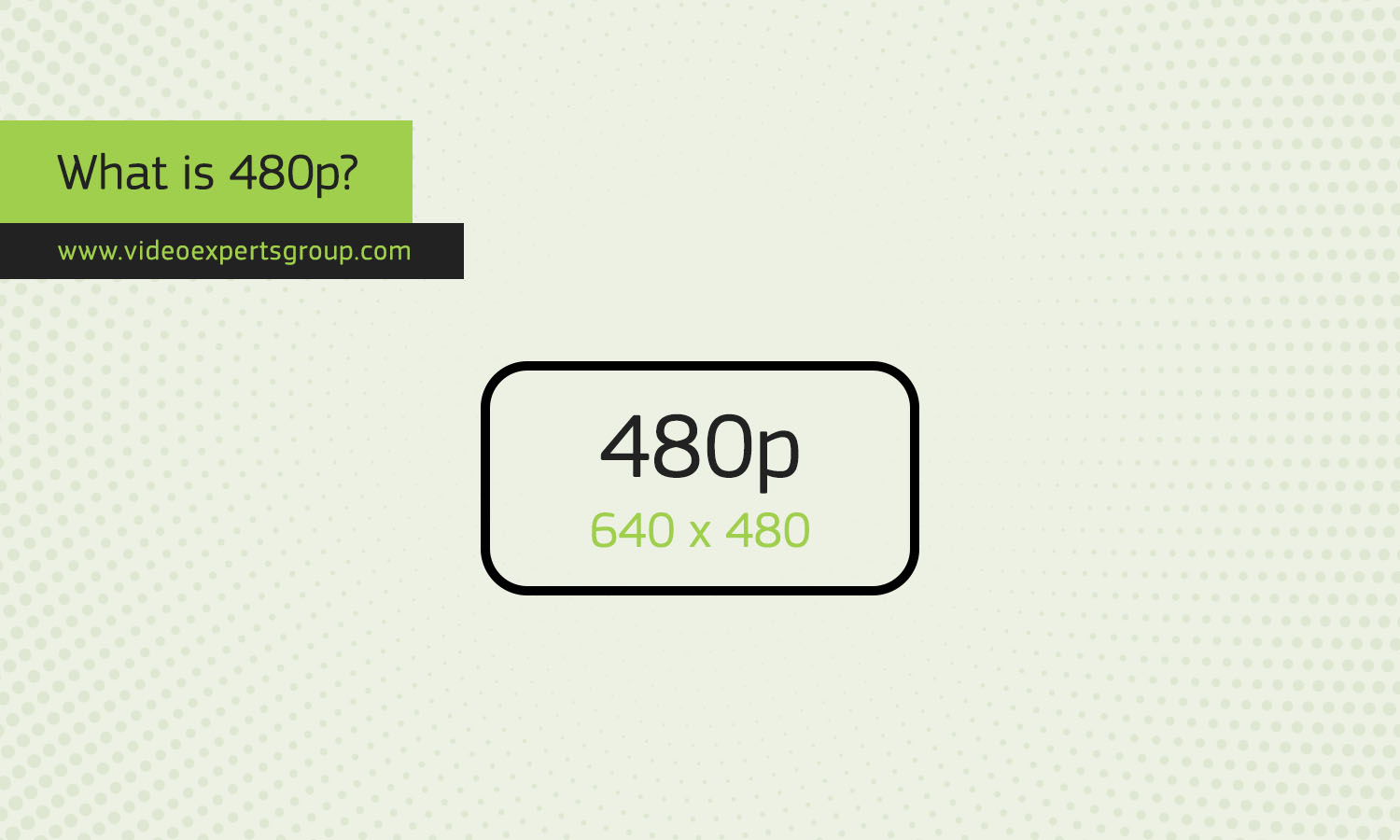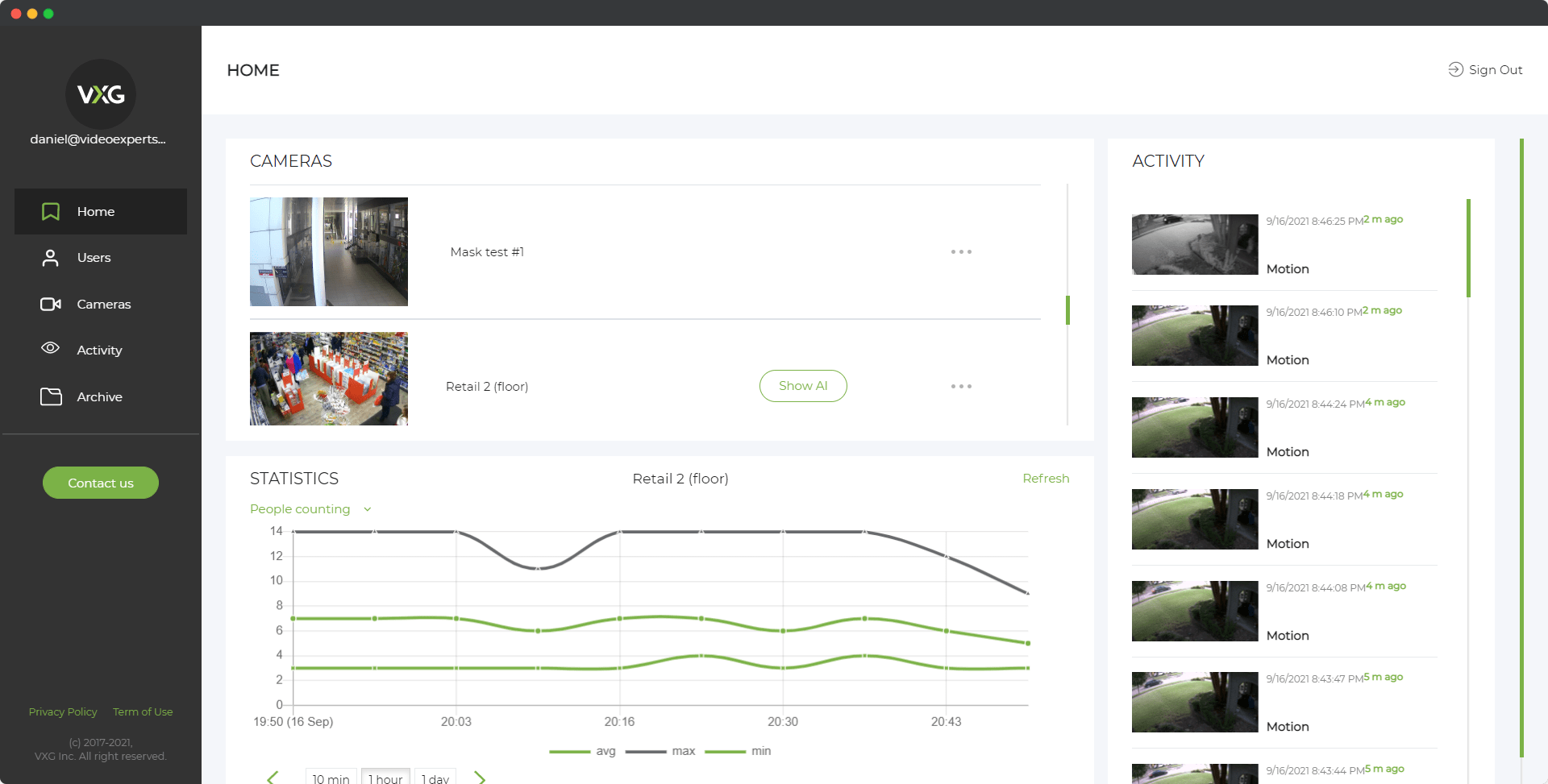480p is a type of video resolution. The "p" in 480p stands for "progressive scan," which means that the image is displayed all at once, rather than being interlaced. The number "480" refers to the vertical resolution, meaning there are 480 lines of pixels from the top to the bottom of the screen.
What is a 480p Resolution?
480p resolution has 640 pixels horizontally and 480 pixels vertically. This creates a total of 307,200 pixels on the screen. It is considered standard definition (SD) and is commonly used in older television broadcasts, DVDs, and some online video content. This resolution provides a clear enough picture for smaller screens and is less demanding on data and internet bandwidth compared to higher resolutions.
480p vs. 720p
When comparing 480p to 720p, the main difference is the number of pixels. 720p has a resolution of 1280x720 pixels, which is almost twice the number of pixels as 480p. This makes 720p high definition (HD), providing a sharper and more detailed image, especially on larger screens. Here are some key points of comparison:
- Image Quality: 720p has better image quality due to the higher number of pixels.
- File Size and Bandwidth: 480p videos are smaller in file size and require less bandwidth to stream, making them more accessible for users with slower internet connections.
- Use Cases: 480p is often used for older TV shows, DVDs, and internet videos on slower connections. 720p is commonly used for HD television broadcasts, Blu-ray discs, and high-definition streaming.
What is a 480p Camera?
A 480p security camera captures video at a resolution of 640x480 pixels. These cameras are suitable for basic surveillance needs. They can provide clear enough images to monitor activities and identify people in small to medium-sized areas. Here are some typical features and use cases:
- Features: 480p security cameras are generally more affordable and use less storage space for recordings compared to higher-resolution cameras.
- Applications: They are ideal for home security, small businesses, and locations where detailed image quality is not critical but monitoring activity is still important.
- Limitations: The lower resolution means these cameras might not capture fine details as well as higher-resolution cameras, making it harder to identify faces or license plates from a distance.
480p is a basic, standard-definition resolution that is useful for applications where high detail is not necessary. It offers a good balance between image quality and data usage, making it a practical choice for many video applications.
Read also:
















